Can Young Athletes Take Creatine?
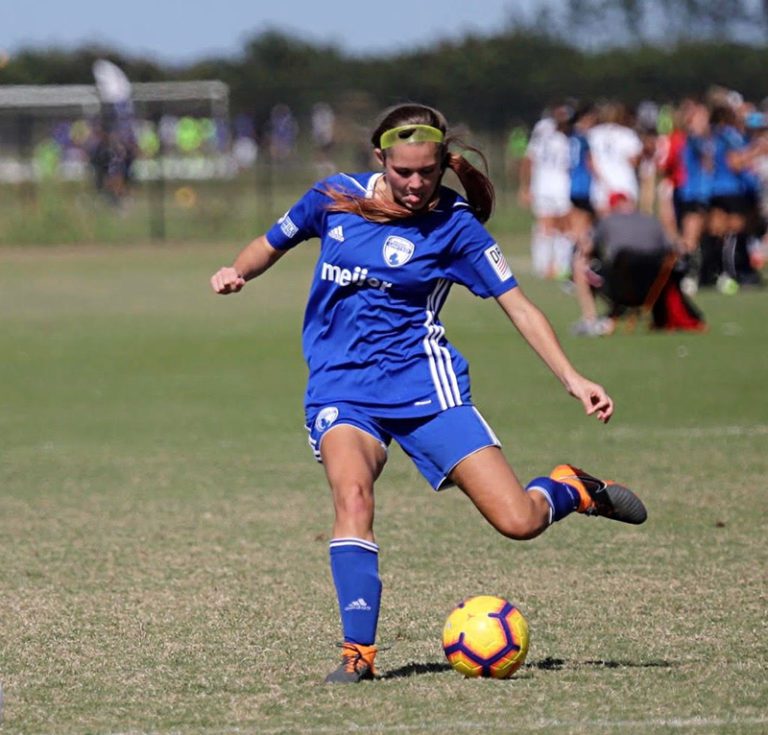
Let’s break down what creatine is, how it’s used, and if it’s safe for your teen athlete to use.


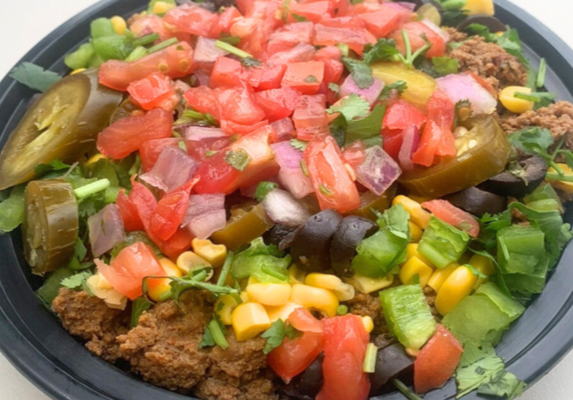
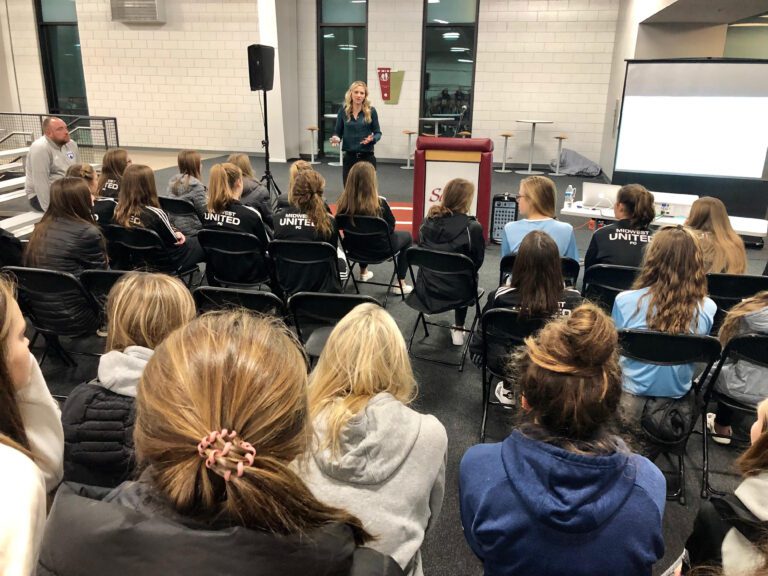
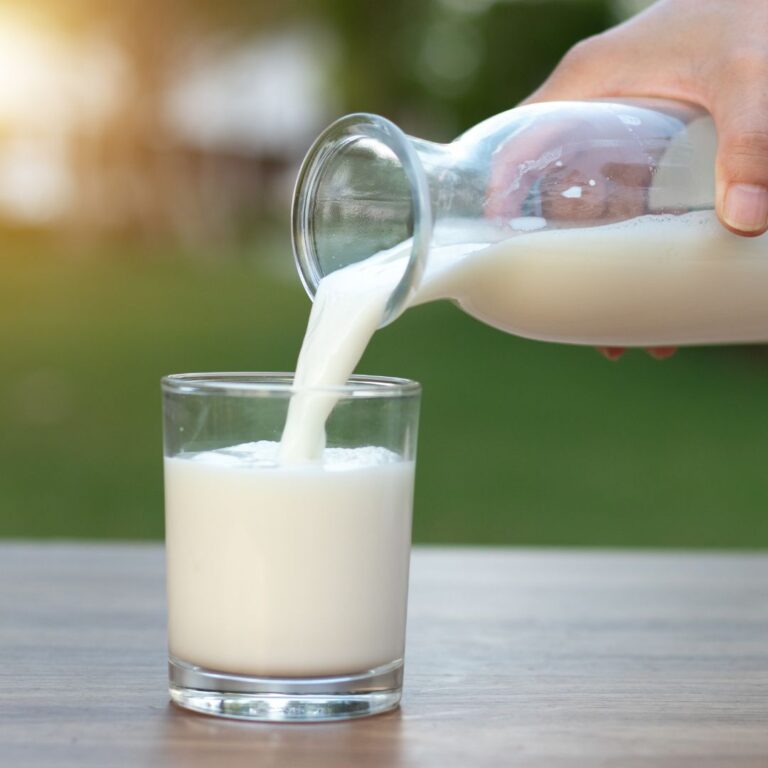




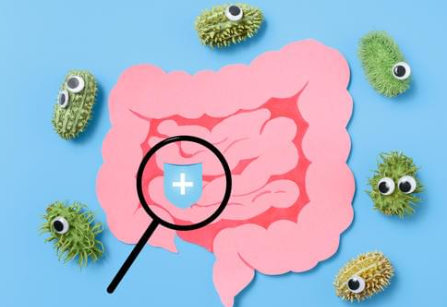

Food Freedom Made Simple A term you may see a lot of on social media lately is “food freedom”. This ideology, if you will, is combatting old practices of dieting and instead giving individuals the freedom to eat foods without…
